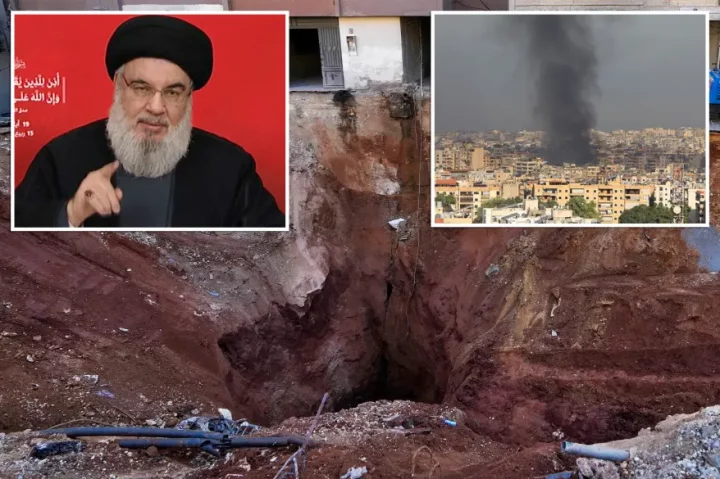
The airstrike that killed Hezbollah leader Hassan Nasrallah was the result of a years-long operation by Israeli intelligence agency, Mossad, that penetrated the terror leader's entire network allowing him to be tracked to his underground command center in Beirut.
The Israeli military then used 80 tons of specially designed bunker-busting bombs to blast through the heavily fortified bunker on Friday, September 27 which killed Nasrallah.
According to a report by the Financial Times, Nasrallah's death was exactly what Israel had been hoping for when it attacked.
Unknown to Nasrallah, Israeli intelligence was well aware of the movements of Hezbollah's leadership following years of hacking and surveillance work on the Lebanese terror group according to the report.
After failing to kill Nasrallah multiple times during the 2006 war, Israel's Military Intelligence Directorate (Aman) created plans to to penetrate Hezbollah, the report says.
Israel made progress in 2012 when the militant group deployed its fighters to Syria to help ally President Bashar al-Assad during it's civil war.

Former Israeli intelligence officials and Lebanese politicians told the FT that the battle in Syria unearthed a trove of information, with Hezbollah constantly publishing information on its slain fighters that revealed their personal information.
The new data allowed Israel to compile extensive profiles on Hezbollah's operatives, including the top chiefs who would attend the funerals of the slain fighters.
The Jewish state then began hacking into the terror group's communication devices, with spies able to track down the exact movements of Hezbollah's operatives, sometimes through their wives' cell phones. Israel's spies also tracked Hezbollah leaders' movements by hacking surveillance cameras in Lebanon, and even reading their cars' odometers.
As a result, Israel learned that whenever the routines of the terror group deviated, an attack was imminent, Israeli officials told the FT."They went from being highly disciplined and purists to someone who [when defending Assad] let in a lot more people than they should have," Yezid Sayigh, a senior fellow at the Carnegie Middle East Center, told FT.
"The complacency and arrogance was accompanied by a shift in its membership - they started to become flabby."
Israeli Prime Minister, Benjamin Netanyahu called the killing of Nasrallah necessary and a potential "historic turning point" in the Middle East.
Following the death of Nasrallah, Iran's Supreme Leader Ayatollah Ali Khamenei was moved to a secure location .
Netanyahu was in New York for his speech at the United Nations when he ordered the decision to drop the bomb to take out Nasrallah. The Jewish state had been planning the attack for months as it developed bombs outfitted with timed explosions that would dig through the earth, allowing the next bomb to reach further down, the Wall Street Journal reports.
While Hezbollah did not say how Nasrallah died, Lebanese medical and security sources told Reuters that the terror leader had no direct wounds and likely died from the blunt trauma of the blast after his body was recovered intact on Sunday.

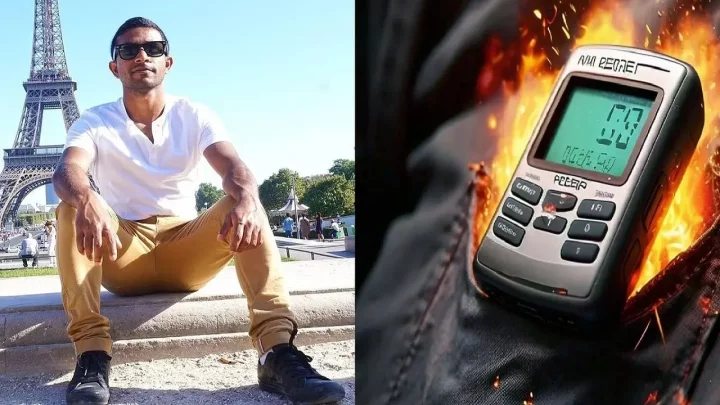
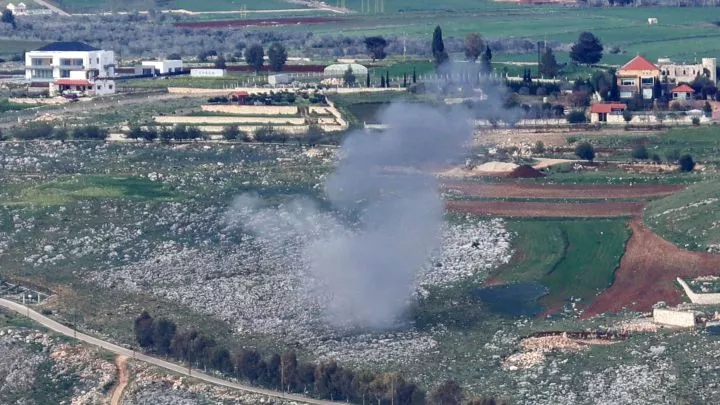
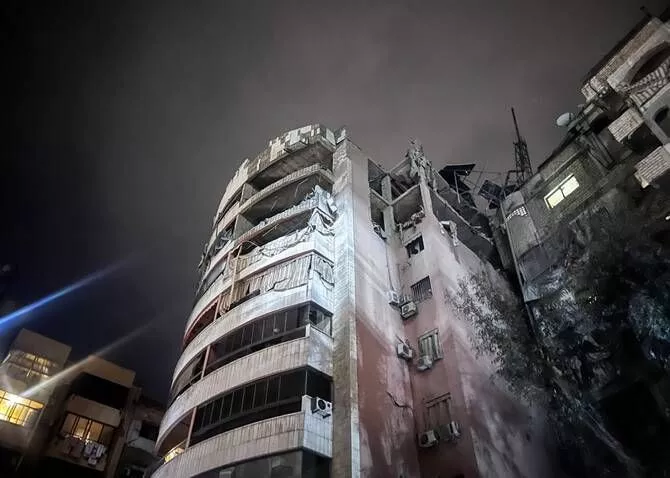
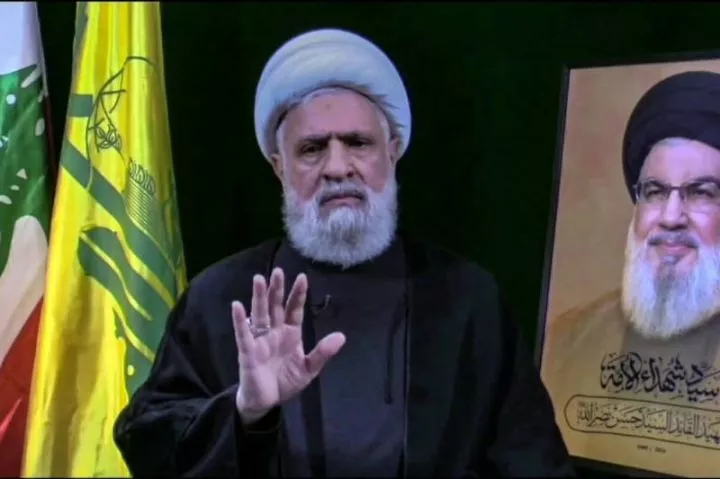

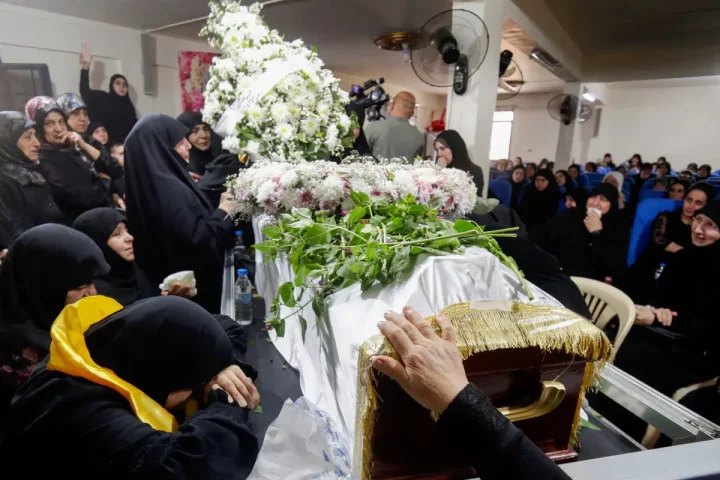










Comments